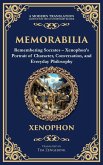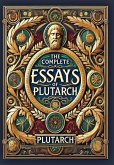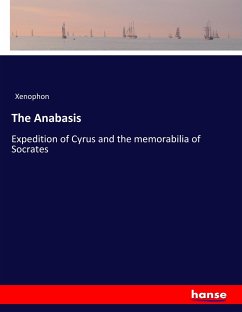What if the most powerful philosophy was found not in grand speeches-but in daily life? In Memorabilia, Xenophon captures a side of Socrates that is often overshadowed by more dramatic accounts. Rather than focusing on metaphysical ideas or courtroom defenses, this work presents Socrates in his natural element-walking the streets of Athens, mentoring friends, and confronting life's moral dilemmas with clarity, wit, and unwavering principle. This modern translation brings fresh accessibility and insight to one of the most engaging portraits of the philosopher ever written. Whether advising young men on self-control, challenging sophists on virtue, or gently provoking his critics, the Socrates of Memorabilia embodies a philosophy lived fully and fearlessly. What You'll Discover in This Modern Translation: A Practical and Human Socrates Witness the philosopher in conversation, revealing how his teachings applied to real-life decisions and relationships. Timeless Dialogues on Virtue and Wisdom Explore his thoughts on justice, piety, self-mastery, friendship, leadership, and the good life. A Companionable and Accessible Work Ideal for newcomers and seasoned readers alike, this translation makes Xenophon's clear and direct style shine. A Rare Complement to Plato Compare Xenophon's grounded, respectful portrayal of Socrates with the more theoretical depictions in Republic and Phaedo. An Inspiring Model for Modern Ethics Learn how philosophy can be lived-through action, dialogue, and the pursuit of excellence in everyday conduct. Whether you're a student of philosophy or simply seeking wisdom that speaks to everyday challenges, Memorabilia offers a compelling, compassionate, and unforgettable encounter with one of history's greatest minds.
Bitte wählen Sie Ihr Anliegen aus.
Rechnungen
Retourenschein anfordern
Bestellstatus
Storno








